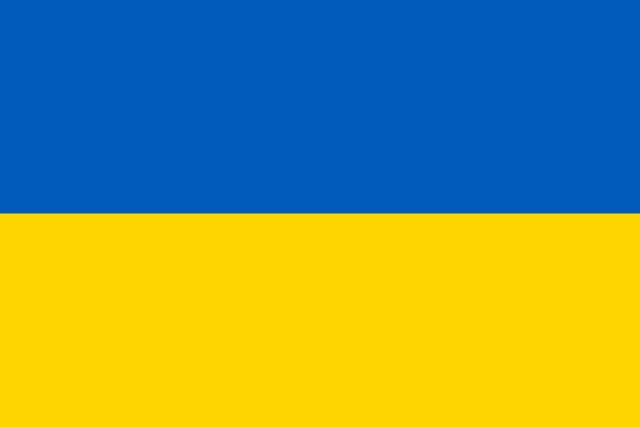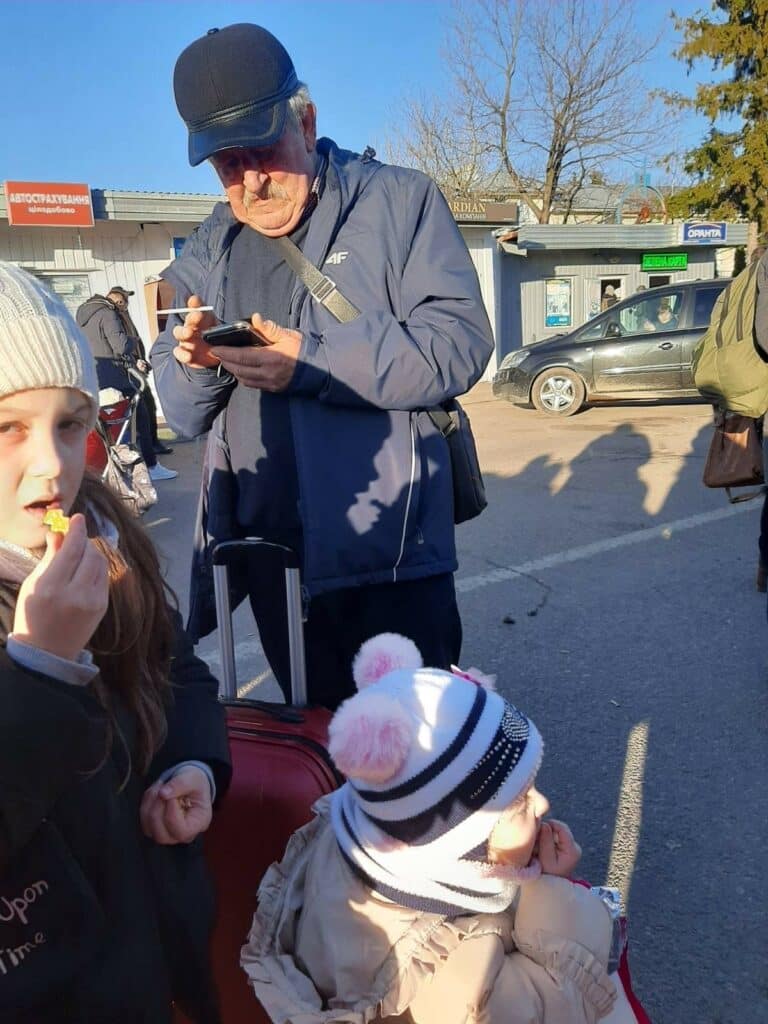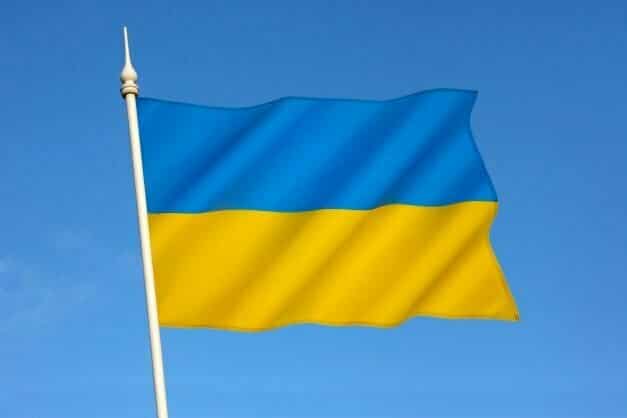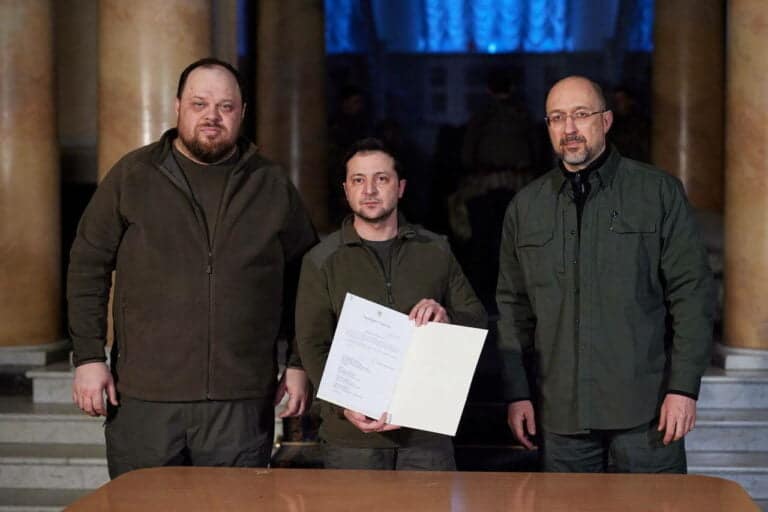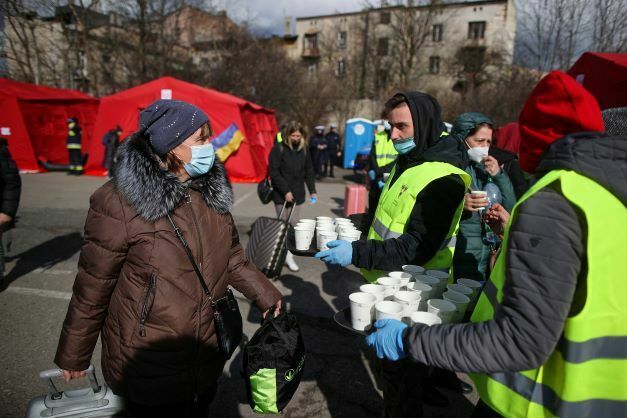Help now, support longterm
There are no words to describe the tragedy in Ukraine that we are witnessing. It’s been a few of days since Putin invaded our neighbor and each day of this war started by Russia in Ukraine brings more casualties and destruction. No-one can predict how long the conflict will last; probably much longer that we would hope. After 10 days of the conflict, already more than 700,000 refugees arrived in Poland. Poles are doing their best. As has been pointed out, there are no refugee camps for Ukrainians in Poland. All who cross the Polish border are finding a safe place and care. Polish citizens are offering them a place in their own homes or apartments. Hotels and fair trade halls have transformed their spaces to accept refugees. Many schools, kindergartens and sports clubs collect food, clothes, toys, cosmetics for the Ukrainian people. Lawyers and notaries offer legal support. Doctors help with medical issues. In just a few days online platforms to help find apartments, transportation and credible fundraising have been created. People give support to those who need to be taken care of here on the spot. But money and equipment are also being collected for those who decided to stay in Ukraine and fight for the freedom of their country. I saw a text message from a Ukrainian woman staying with her husband, both civilians, in the suburbs of Kiev. “We need 7,000 pieces of body armor protection, Kevlar helmets, knee and elbow pads,” it reads.
It’s not just individuals’ actions that bring help, though. The level of business engagement is unprecedented. Financial and material support, employee volunteering – it’s just amazing. NGOs, no matter what they’ve been focusing on earlier, have shifted their focus as well to support the Ukrainians. Poles are showing their best side and that is beautiful. But as time goes by, it’s becoming clear that while help here and know is critical, we all need to start thinking how to support those who have come to Poland long-term as they might be staying with us for a long time. How to make them feel a part of our community – at the social, business and economic level? How to help them to set up their lives here?
Let’s bear in mind that most of those who have fled had a good life in Ukraine – homes, apartments, good jobs, children in schools, kindergarten or universities. In one day they lost everything in Ukraine. It was sudden, unexpected. They had to pack up their lives in small suitcases and flee. These people are well educated and want to stand on their own feet. We can already see a lot of Linkedin posts from our Ukrainian friends looking for a job in Polish cites and apparently that strategy is working, for now. But when the immediate shock passes, we will have to think about more structural support. In the context of the expected up to 3 million Ukrainians in Poland (and some sources event say 5 million), individual support will not be enough. After several days I can already see that businesses, along with the NGOs, are thinking of initiatives that will support the integration of those who came to Poland. Local authorities and government are as well. Integrating so many people in such a short time is a challenge. But it’s doable. I think that as a society we were able to react fast that we will also be able to respond to the coming challenges because – maybe for the first time ever – we are all convinced that it’s simply the right thing to do. What’s also important, maybe for the first time ever, we focus on finding solutions (not problems). And hopefully this attitude will stay with us.


